To broaden its market reach, Iranian Steel Rolling Association participated in the Metal Expo Istanbul 2023.
The Iranian Steel Rollers Association, established on July 11, 2019, was created to address the needs and rights of long-section steel producers.
Reza Ghanbari, The General secretary of the Iranian Steel Rollers Association emphasized the unique significance of the Istanbul Metal Expo exhibition for the country's steel industry at this juncture. He stated, ''Our participation in the Metal Expo in Istanbul isn't solely aimed at discovering new opportunities in the Turkish market; we are also exploring avenues to access European markets. We aspire to witness the growth and prosperity of our country's steel industry through expanded exports."
Iran's steel production is an integrated process that begins with iron ore and extends to the creation of steel products. One of Iran's significant advantages is the presence of this entire steel chain, ensuring self-sufficiency in the industry.
He addressed the query about how products are sold in Iran and how prices are determined;
''In Iran's stock exchange, the law mandates that the entire steel chain offers and sets prices for their products within the commodity exchange. This regulation means that producers of final products, such as rebar, must procure their billet from the same commodity exchange. This ensures a transparent and regulated system for trade within the industry. For instance, if rebar is available in the commodity exchange, the rebar producer is obligated to purchase the billets required from the same exchange. Furthermore, they must present their production in the internal stock exchange hall in the initial stage and announce the base price of billets in the second stage.
Conversely, billet producers must source their required sponge iron from the commodity exchange, and the sponge iron producer must offer it in the Nima currency(the NIMA system operates on the principle where Iranian exporting companies upload their foreign currency to the system and subsequently sell it to companies looking to import through this platform). Consequently, billet producers, just like their counterparts, have to establish base prices based on the semi-currency for the commodity exchange. Generally, the entire steel chain in Iran operates by purchasing raw materials from each other within the commodity exchange, adhering to the pricing of the Nima system, and selling their products in the same exchange. This market structure results in a high level of competition in Iran. Additionally, factors such as affordable labor and energy costs contribute to lower prices and intensify market competition. Iran's market boasts a multitude of producers, further fueling the competitive environment''.
He proceeded to discuss the topic, revealing that in the rebar, angle, and beam products sector, 65 companies are members of the Steel Rolling Association in Iran. According to official data, these companies jointly produced 11 million tonnes of rebar in 2022 and exported 3.1 million tonnes.
When it comes to Iran's priorities, semi-finished products play a pivotal role in the steel chain, including billets, blooms, and slabs. Iron ore ultimately becomes billets, while slabs transform into sheets and billets and blooms metamorphose into rebars.
In conclusion, concerning the trade ties between Iran and Turkey, they conveyed the following perspective:
Iran has achieved significant export success, exporting 7 million tons of billets and 3 million tons of rolling products, such as rebar and wire rods. However, recent challenges have arisen, including Turkish government-imposed tariffs on Iranian products, positioning Iran and Turkey as rivals in certain markets.
Nonetheless, Iran remains a pivotal market for both exports and the supply of raw materials and machinery. Amid these complex dynamics, it is crucial to highlight the potential role of Turkey as a bridge to European markets, particularly considering geopolitical factors like the war in Russia and ongoing sanctions. Turkey's historical position as a communication route between Iran and Europe can play a vital role in facilitating the entry of Iranian products into European markets.


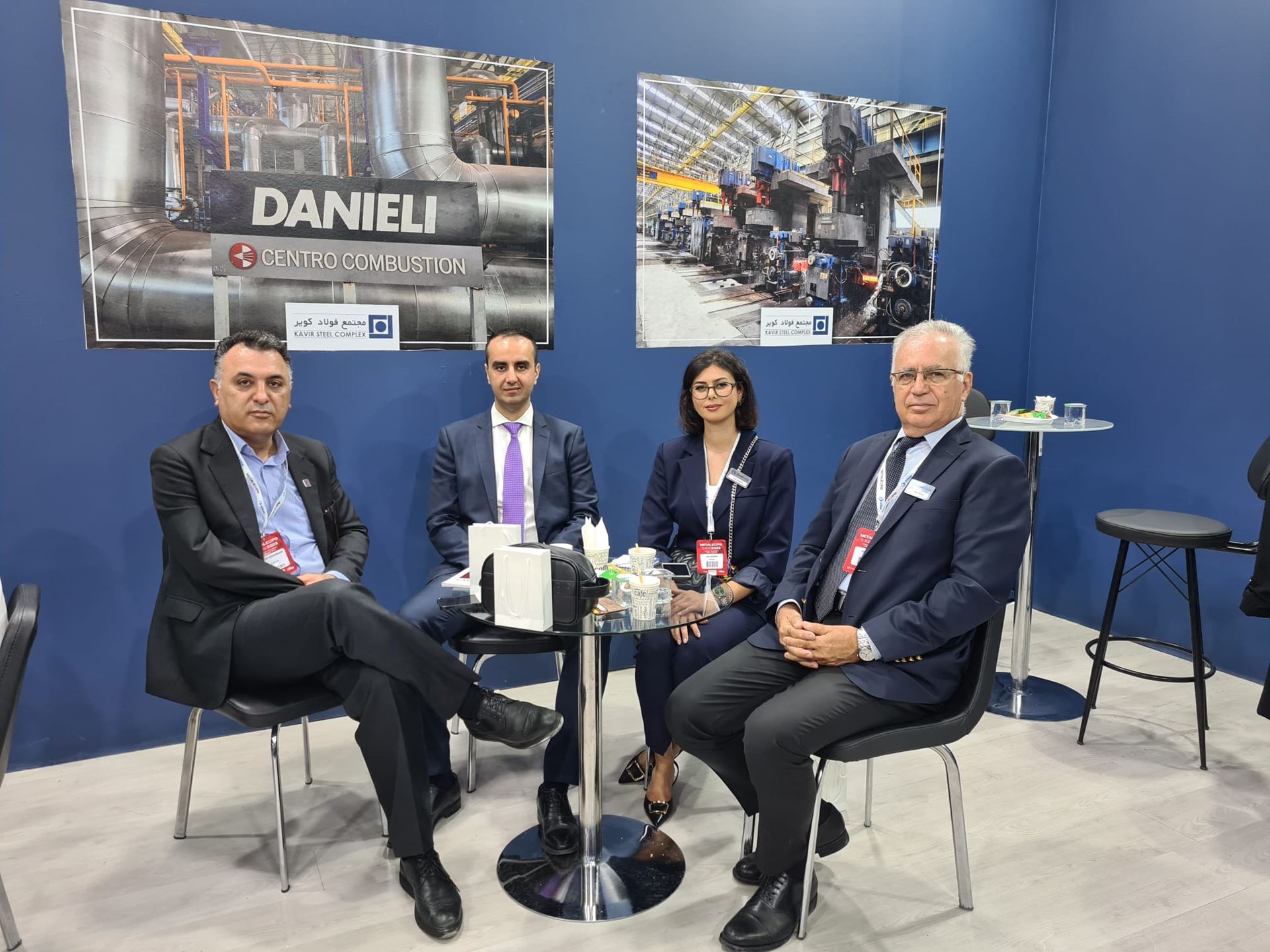
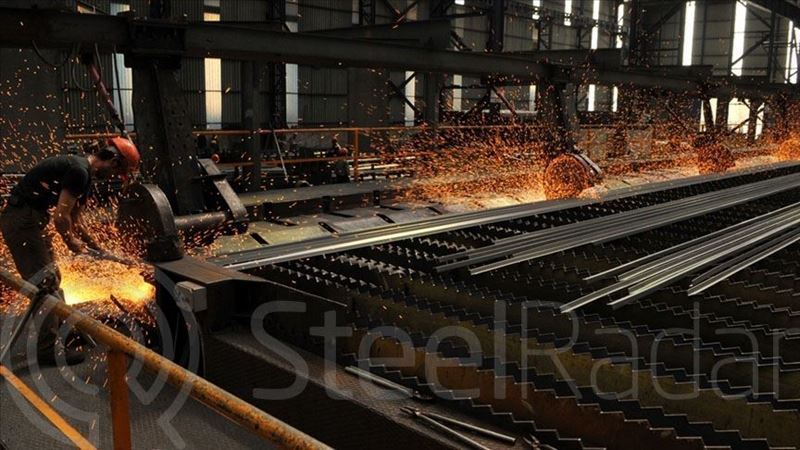
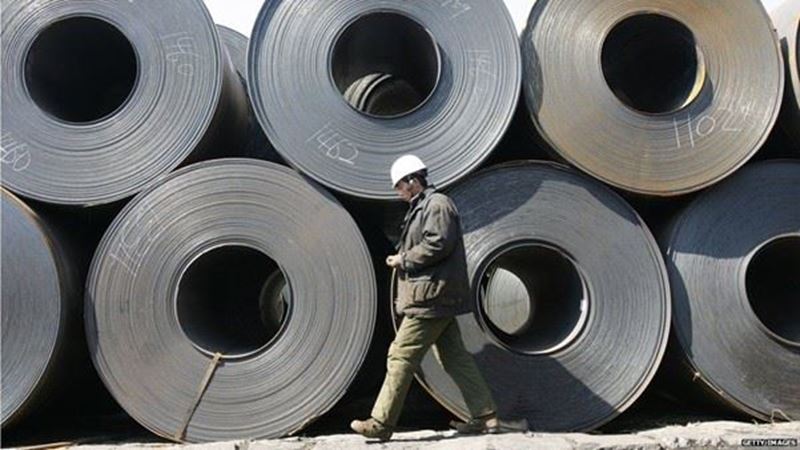
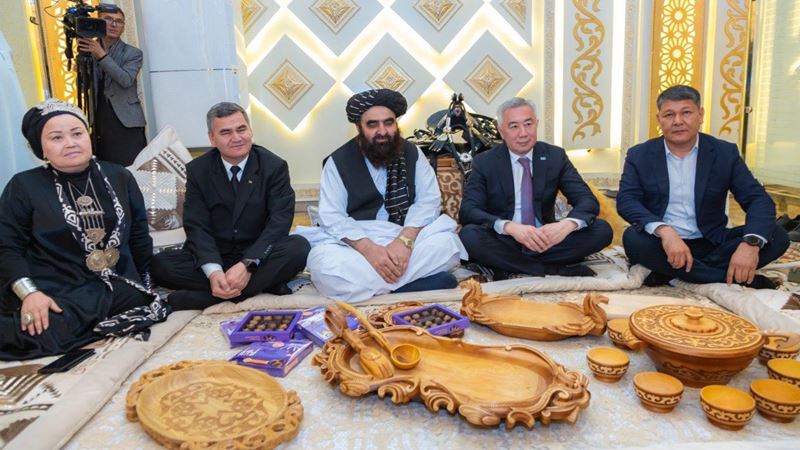
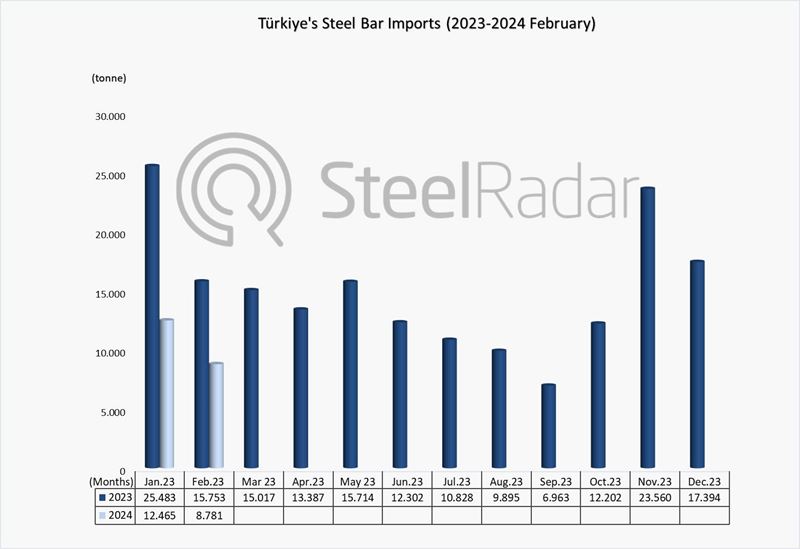
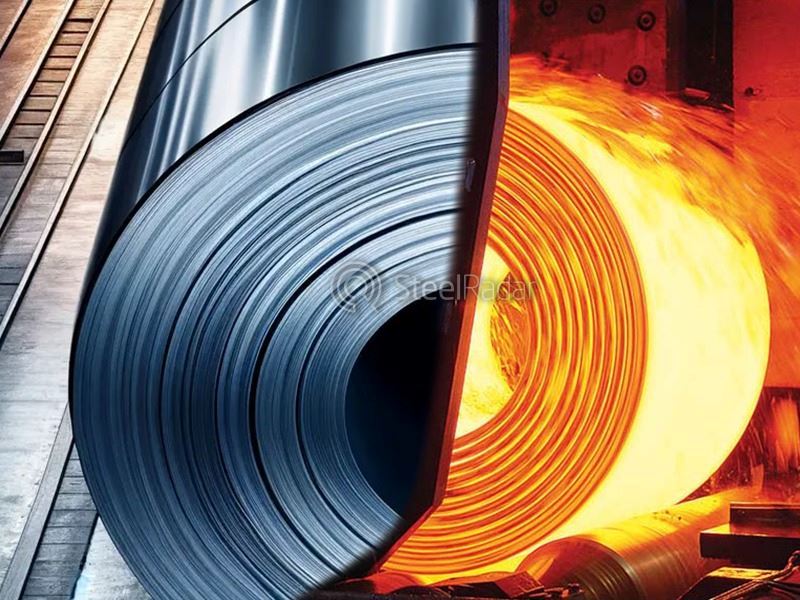

Comments
No comment yet.